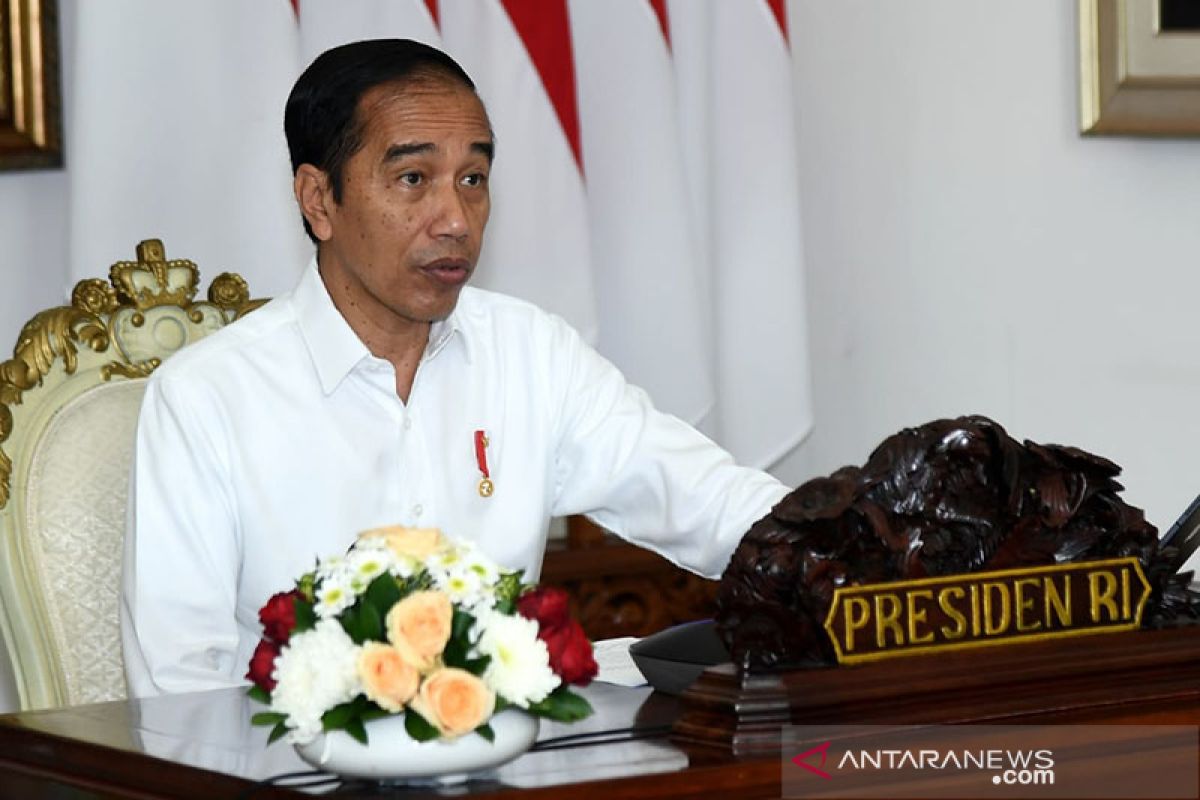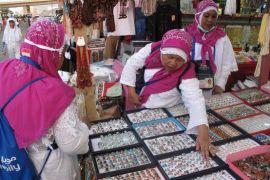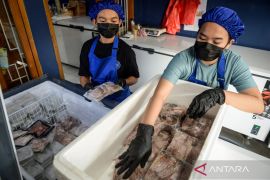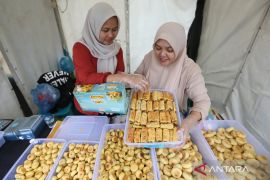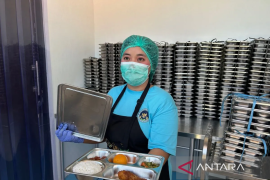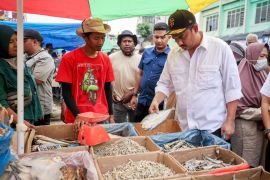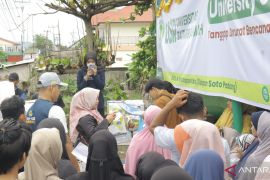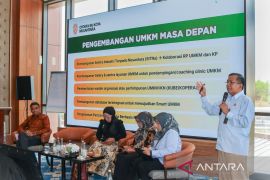"Some 23 million MSMEs have never received funding from financial institutions or the banking system. Hence, the 23 million MSMEs must be able to avail programs to expand work program financing," President Jokowi stated at the Merdeka Palace in Jakarta on Wednesday.
The head of state delivered the statement while chairing a limited meeting themed "Continued Discussion of the COVID-19 Impact Mitigation Program on Micro, Small and Medium Enterprises" through a videoconference attended by Vice President Ma'ruf Amin, ministers, and heads of relevant state institutions.
"Based on data, 41 million MSMEs have been connected to financial institutions and banks. Beyond that, 23 million MSMEs have not been connected to financial institutions and banks," the president pointed out.
Jokowi also called on the relevant ministries and institutions to conduct a thorough assessment to decide on which of the 23 million MSMEs made the cut to receive banking services.
"For those that are bankable, the distribution will be conducted through the expansion of the micro credit (KUR) program and it will encourage financial inclusion, while those not bankable, the distribution can be carried out via UMI (Ultra Micro Financing) through Mekaar (Fostering the Economy of Prosperous Families) and other programs," the president stated.
The head of state laid emphasis on meticulously designing the expansion of financing for MSMEs in the form of emergency working capital assistance.
" MSMEs should receive this emergency capital assistance," the president affirmed.
The Industry Ministry had earlier proposed soft loans for small- and medium-scale enterprises to help them pay laid-off workers amid the COVID-19 pandemic.
"The loan interest would be lower than the micro loan interest rate," Director General of Small, Medium, and Multifarious Industries of the Industry Ministry Gati Wibawaningsih remarked in a statement here on Saturday.
Since COVID-19 cases were initially confirmed in the country in early March, small- and medium-scale businesses have registered a 50-70 percent decline in sales, Wibawaningsih pointed out.
According to Wibawaningsih, the ministry had worked closely with online shops, including Tokopedia, Shopee, Blibli, and Buka Lapak, to help in marketing the products of SMEs.
Wibawaningsih pointed out that SMEs in the country were also reeling from the impacts of a scarcity of raw materials, particularly imported ones.
"Hence, the Industry Ministry has worked on cooperation with the domestic raw material industry to produce and supply raw materials for local SMEs," she stated.
The government has also issued a policy on postponing credit payment for SMEs in a bid to lessen the burden on businesses.
The ministry has recorded 43,016 SMEs impacted by the COVID-19 pandemic in the country. The SMEs are located in various provinces, including South Kalimantan, South Sulawesi, Central Sulawesi, Maluku, West Java, East Java, Lampung, and Banten.
Those SMEs have employed 149,858 workers, she stated.
Moreover, the ministry has coordinated with related ministries to curb the impact of the pandemic on the export of SMEs’ products, mostly handicraft items.
Related news: COVID-19 deals crushing blow to MSMEs
Related news: Ministry proposes soft loans for SMEs affected by COVID-19 pandemic
Reporter: Desca Lidya, Azis Kurmala
Editor: Rahmad Nasution
Copyright © ANTARA 2020
